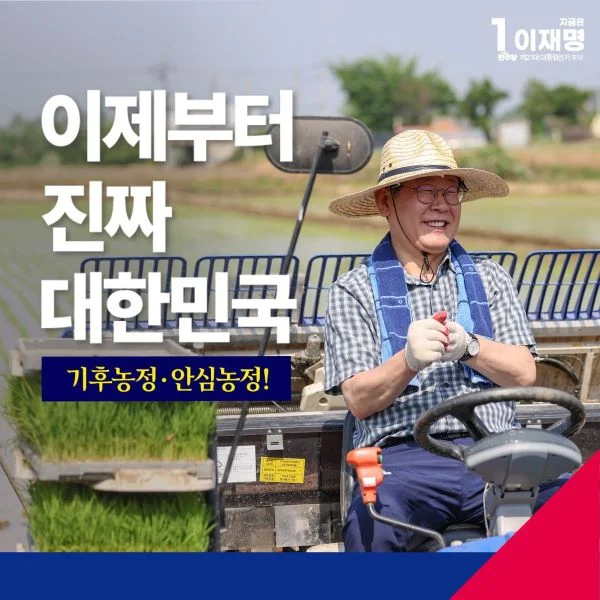Lee Jae-myung’s Vision for Korea: Top 10 Policies Reshaping the Nation
Ahead of the June 3, 2025 presidential election, candidate Lee Jae-myung outlined 10 transformative pledges.
From digital innovation and AI to labor rights, democratic recovery, and climate resilience — his platform touches every layer of national renewal.
Here is a comprehensive breakdown of each key policy, purpose-built for Korea’s next leap forward.
1. ₩100 Trillion in AI Investment for Tech Sovereignty
Lee positions artificial intelligence as a national growth engine, targeting Korea’s leap into the top three global AI powers. His pledge includes ₩100 trillion in public-private investment, scaled-up GPU infrastructure, and next-gen data centers. Initiatives like “AI for All” aim to ensure equitable access to advanced AI tools by the entire population. This agenda goes beyond innovation — it lays a framework for digital equity, industrial transformation, and talent cultivation. Plans also include establishing a presidential AI control tower and developing Korea’s own general-purpose AI platform (K-AGI). With proper ethical and privacy guardrails, the proposal aims for long-term competitiveness and public trust.
 |
K-AI Initiative Strategy] AI World's Three Powerful Countries |
2. Institutional Reforms to Restore Democracy
In the wake of constitutional challenges, Lee’s blueprint for democracy includes tightening civilian oversight over martial law authority. A legislated mechanism for the National Assembly to override emergency declarations would institutionalize safeguards. The introduction of a legislative recall system empowers citizens to hold elected officials directly accountable. Reforms targeting prosecutorial overreach include separating investigative and indictment powers and enforcing prosecutorial ethics. Structural reforms in the judiciary — such as expanding the Supreme Court — are framed as necessary for balance and accountability.
3. Building a Nation That Honors Labor
Lee’s labor platform aims to curb exploitative practices with a ban on blanket wage contracts and a national shift to a 4.5-day workweek. Legal amendments will empower subcontracted and irregular workers with full negotiation rights. By 2030, Korea is set to align its working hours with OECD averages, improving both well-being and productivity. These changes are intended to create not just jobs, but dignified and sustainable livelihoods across sectors.
4. Overhauling Healthcare and Strengthening Health Equity
Lee promises to reorient public healthcare through a citizen-led healthcare reform committee. Establishing regional med schools and a national public medical academy is expected to decentralize care. Investment in emergency and critical care, combined with reinforced health insurance coverage, underpins this strategy. The proposal aims to dismantle medical deserts and ensure equity regardless of region or income level.
5. Climate Commitments for a Sustainable Korea
Lee’s climate vision features a Carbon Neutrality Act, a roadmap to phase out coal by 2040, and new RE100 green industrial zones. Large-scale investments in hydrogen, wind, and smart energy systems will lead this green shift. Local governments will receive greater autonomy and budget authority through a climate-responsive governance framework. The proposal also integrates environmental justice with programs for a just transition to protect vulnerable workers.
 |
Climate Crisis and the Direction of Agricultural Development |
6. Political Reform for National Unity
Lee calls for structural changes to rebuild public trust — including realigned election systems and recall options. Media reform to reduce partisanship and promote public broadcasting integrity is a core part of his transparency agenda. Legal adjustments will aim to break collusion between press and power, ensuring truthful information and civic empowerment. The final goal is a political culture of unity, not division — driven by principles, not partisan advantage.
Comments
Post a Comment